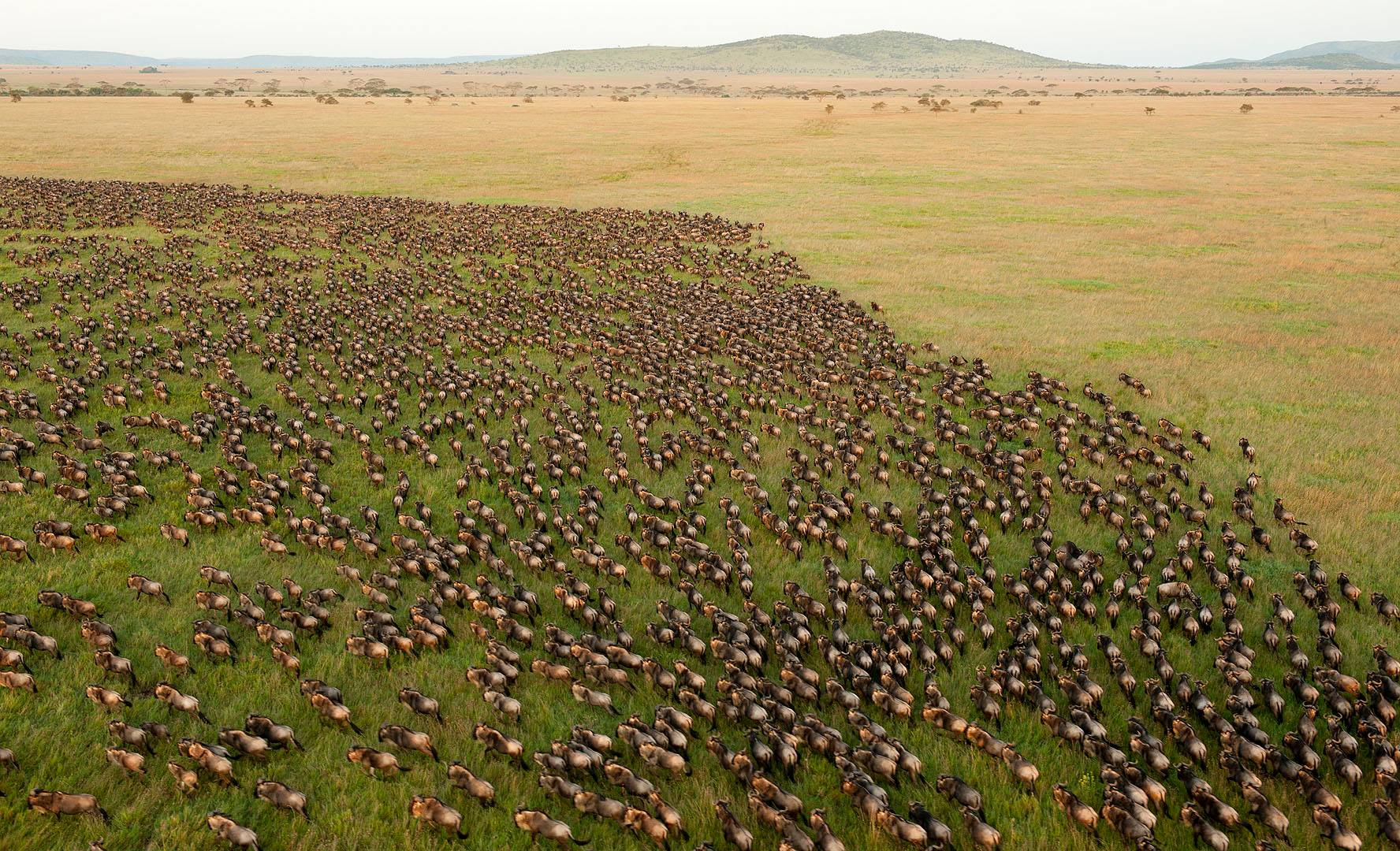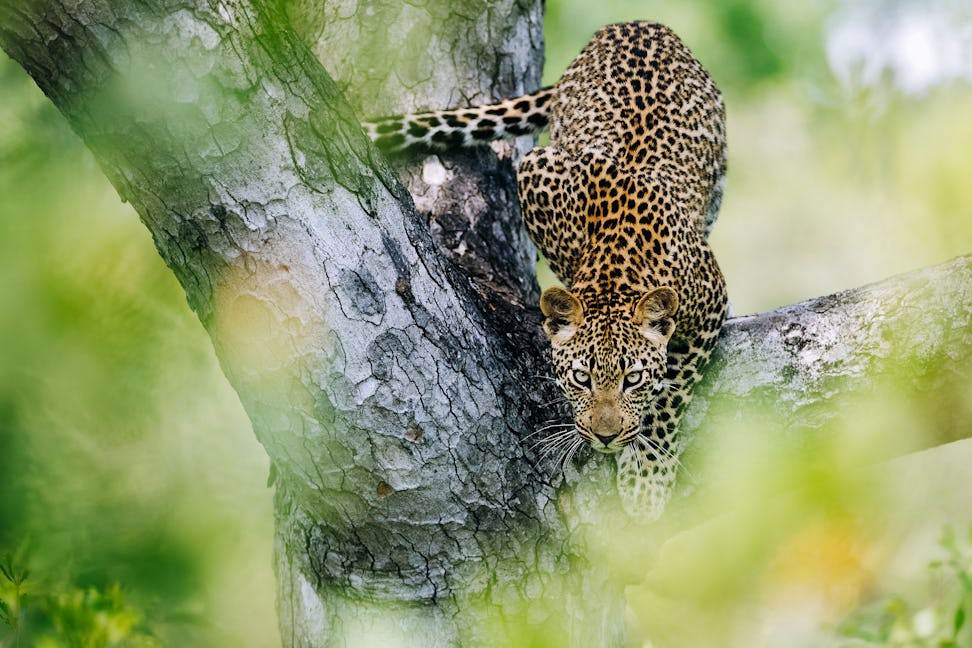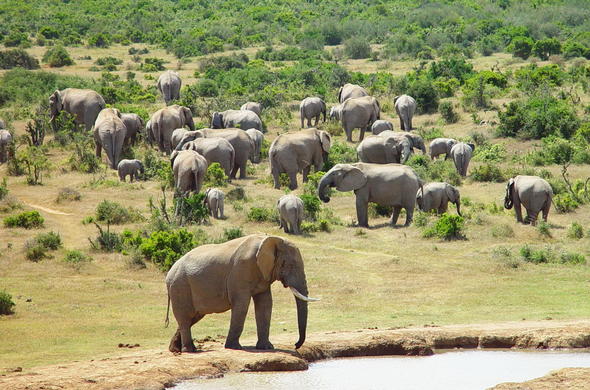Africa's National Parks are not only breathtaking landscapes teeming with wildlife but also crucial biodiversity hotspots that play a vital role in conservation efforts. With their diverse ecosystems, unique fauna and flora, and rich cultural heritage, these national parks are essential for preserving the continent's natural heritage and the endangered species that call them home.
National parks in Africa are spread across the continent, from the vast savannas of East Africa to the lush rainforests of Central Africa and the rugged deserts of Southern Africa. Each park is unique in its own way, offering visitors a glimpse into the continent's incredible natural beauty and biodiversity.
One of the iconic national parks in Africa is the Serengeti National Park in Tanzania. Known for its annual wildebeest migration, where millions of animals move across the plains in search of greener pastures, the Serengeti is a prime example of a conservation success story. The park's strict conservation measures have helped protect its diverse wildlife, including lions, elephants, and giraffes, making it one of the best places in Africa to see these magnificent creatures in their natural habitat.

Another noteworthy national park is the Kruger National Park in South Africa, which is home to a diverse range of wildlife, including the famous Big Five – lions, elephants, buffalos, leopards, and rhinoceros. The park's successful anti-poaching efforts have helped increase the populations of endangered species like the rhinoceros, showcasing the positive impact of conservation efforts in preserving Africa's unique wildlife.
In addition to iconic parks like Serengeti and Kruger, Africa is also home to lesser-known gems like Virunga National Park in the Democratic Republic of Congo. This UNESCO World Heritage Site is one of the most biologically diverse areas on the continent, with habitats ranging from mountain forests to active volcanoes. Virunga is not only home to rare species like mountain gorillas and okapis but also plays a crucial role in supporting local communities and sustainable development in the region.
One of the key challenges facing Africa's national parks is human-wildlife conflict, as growing populations put pressure on wildlife habitats and resources. Park authorities are working closely with local communities to find sustainable solutions that benefit both wildlife and people. Initiatives such as community-based conservation programs, eco-tourism ventures, and education campaigns are helping to raise awareness about the importance of preserving these natural treasures for future generations.

Another pressing issue is poaching, which remains a significant threat to many species in Africa's national parks, particularly iconic animals like elephants and rhinoceros. Park rangers and anti-poaching units are working tirelessly to combat illegal wildlife trade, often putting their lives on the line to protect these animals. Through strategic partnerships with law enforcement agencies, NGOs, and international organizations, African countries are making strides in the fight against poaching and wildlife trafficking.
Climate change is also a growing concern for Africa's national parks, impacting ecosystems and wildlife populations in profound ways. From rising temperatures to increased droughts and changing rainfall patterns, these parks are facing unprecedented challenges that require innovative solutions. Park authorities are implementing climate adaptation strategies, such as habitat restoration, water management projects, and sustainable land-use practices, to help mitigate the impacts of climate change on these fragile ecosystems.
Despite these challenges, Africa's national parks continue to be beacons of hope for conservation efforts on the continent. Through collaboration, innovation, and dedication, these parks are not only preserving Africa's rich biodiversity but also contributing to the sustainable development of local communities and promoting ecotourism as a driver of economic growth.

As we look to the future, it is essential to continue supporting Africa's national parks through responsible tourism, conservation partnerships, and public awareness campaigns. By valuing and protecting these invaluable natural resources, we can ensure that Africa's national parks remain biodiversity hotspots and conservation success stories for generations to come.
It is up to all of us to safeguard these precious ecosystems and the incredible wildlife that calls them home. Together, we can make a difference and secure a sustainable future for Africa's national parks and the diverse life they support.